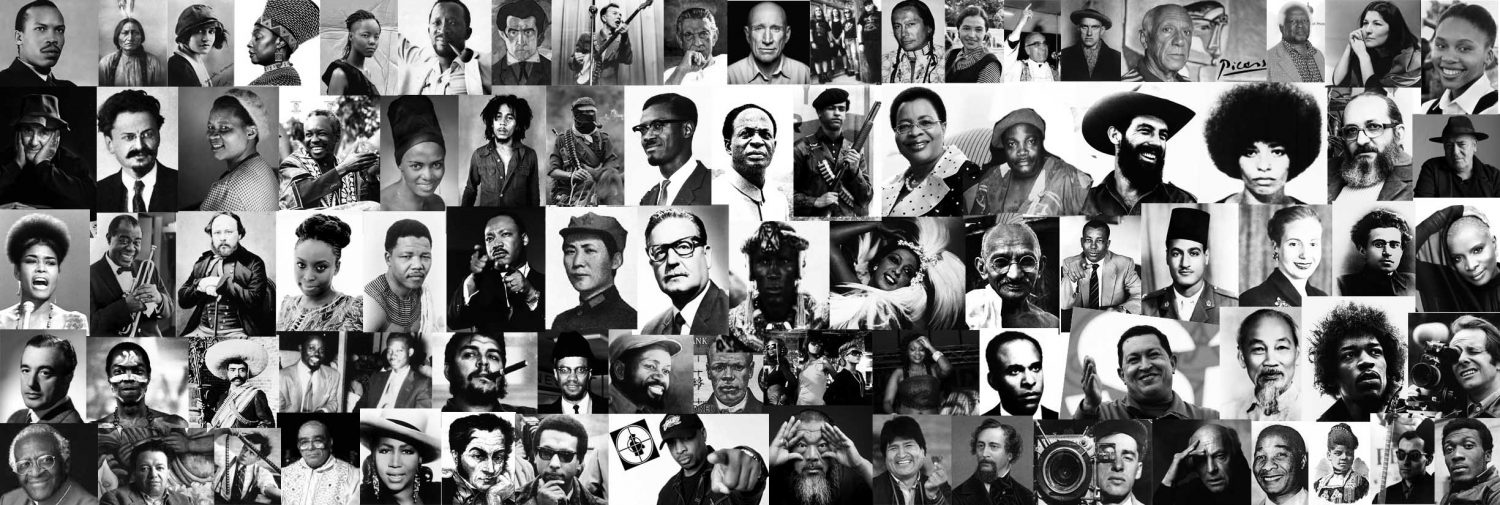A contribution by C. Companyero
There are different political perspectives. They are founded on different assumptions about the realities of power. The old fashioned, one party era political view is rooted in an approach of violence, where being realistic means taking into account the forces of destruction. In reply the modern, multi-party democracy has consistently proposed variations on a political view of the imagination, in which the forces that are seen as the ultimate realities that need to be taken into account are those forces (of production, creativity…) that make things happen, that create situations.
The whole nature of the politics is complicated by the fact that systematic inequalities backed by force — structural violence — always produces skewed and fractured structures of the imagination. It is the experience of living inside these fractured structures that we refer to as “alienation”.
Our customary conception of revolution is insurrectionary: the idea is to brush aside existing realities of violence by overthrowing the State, then, to unleash the powers of popular imagination and creativity to overcome the structures that create alienation. Over the twentieth century it eventually became apparent that the real problem was how to institutionalize such creativity without creating new, often even more violent and alienating structures. Look at the many revolutions that went astray: Soviet Union, Cuba, China, Zimbabwe etc. As a result, the insurrectionary model no longer seems completely viable, but it’s not clear what will replace it.
One response will be the revival of the tradition of direct action. Direct action is a political activity that bypasses institutionalised political channels, because those channels have excluded the participation of the people and only served the political ruling class. Direct action may take on a violent tone, especially when working against violent regimes, as was the case in the fight against apartheid, the struggle against institutionalized American racism, or anti-colonial liberation movements, but in our democratic setting that is not necessary. We may wish to disassociate ourselves from violent actions and refer to our activities as “non-violent direct action.”
Violent direct action may be directed against property, like the Spear of the Nation did in Nelson Mandela’s time.
Mass direct action reverses the traditional insurrectionary sequence: rather than a dramatic confrontation with state power leading first to an outpouring of popular festivity, the creation of new democratic institutions, and eventually the reinvention of everyday life, in organizing mass mobilizations, we draw on different groups to create new, directly democratic institutions. We may want to organize Festivals of Resistance that ultimately could lead to confrontations with the State. This is just one aspect of a more general movement of reformulation that is inspired by the influence of autonomism. We need a movement that ultimately aims to recreate the effects of those insurrectionary moments on an ongoing basis.

